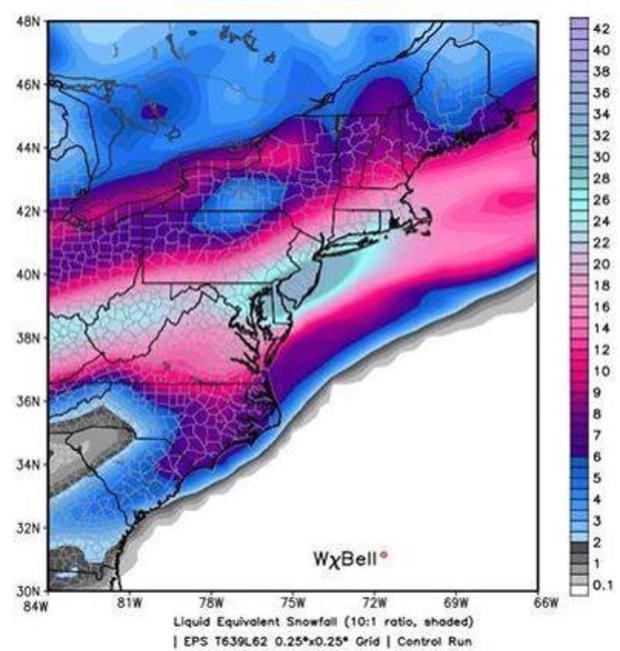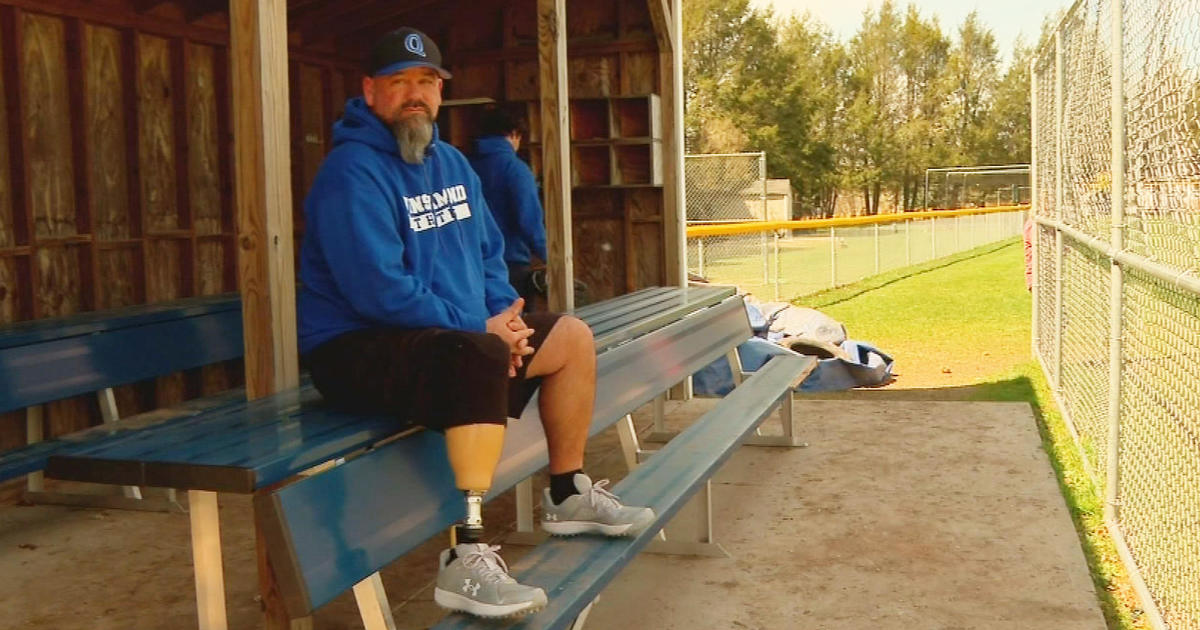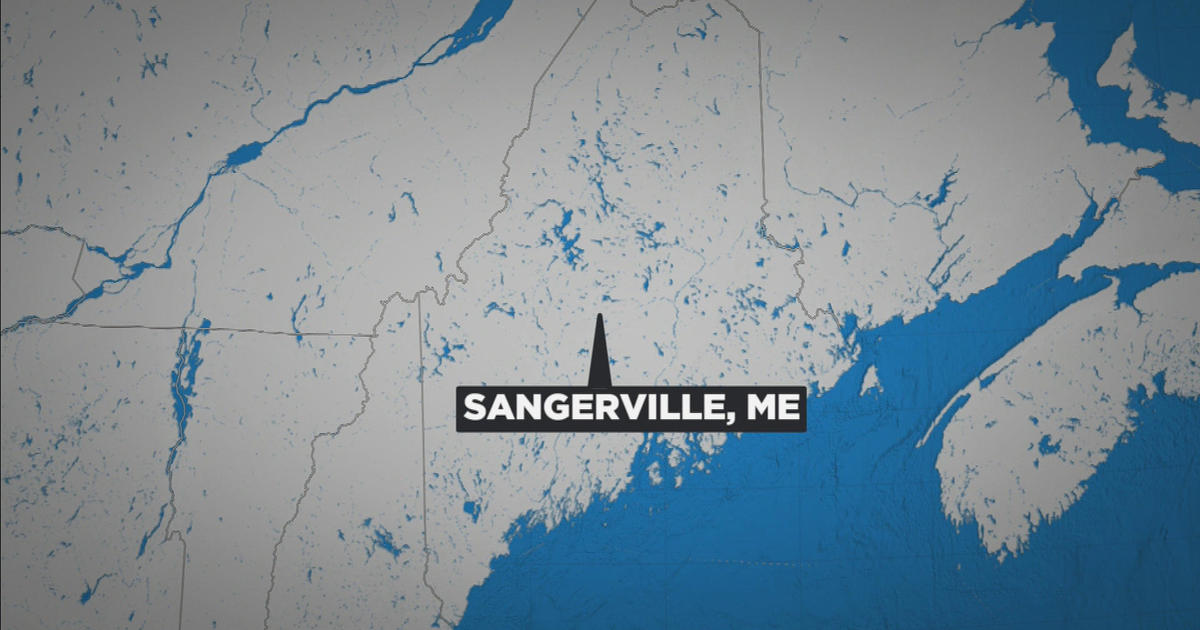Eye On Weather: How To Trust Online Forecasts
BOSTON (CBS) - Headlines are bold in the world of the internet. But there isn't much quality control.
"We were very concerned last winter when we saw some really big snow amounts put out on social media, said Gary Szatkowski, the Meteorologist-In-Charge at the National Weather Service in Mount Holly, New Jersey.
"This kind of information, if not put into proper context, is scary and inflammatory."
THE STORM THAT WASN'T
He is talking about this map.
It was shared tens of thousands of times and made headlines around the northeast. There was only one problem - a storm was never in the forecast.
The public furor got so bad that Szatkowski had to take the very unusual step of publically denouncing a simple image that put emergency managers and much of the tri-state area in a panic.
"That was a lot of time and energy wasted for something that wasn't going to happen," Szatkowski told WBZ-TV.
Earlier in the season, the weather service in Indianapolis had to debunk a different fake blizzard.
VIRAL WEATHER MODELS
Weather models are easy for anyone to see. And thanks to Dr. Ryan Maue of weatherbell.com, they're now as widespread as January snow.
"I never envisioned mass dissemination of the graphics," Maue told WBZ.
The secret to these viral weather maps?
The right colors. Maue says it's that simple.
"It's colors that are marketable to the public and hobbyists," he said.
Plus, a vehicle to deliver them.
"Twitter is the most prolific because media figures, news gatherers, people in government or emergency planning, everyone is looking at the weather basically on Twitter," Maue said.
FINDING RESPONSIBLE FORECASTS
Whether it's sensational hurricane graphics or cherry-picking extreme looking events, the urge for clicks is attacking responsible forecasts.
"There's an aspect of fame and popularity, in order to be first with a forecast. But you should never sacrifice being wrong for being first," he said.
So how can you avoid being duped this winter?
Know who you're getting the information from!
"Develop sources and relationships that you trust and maintain those. If something else comes up and seems odd, you'll put it into context," Szatkowski said.
And remember - even the machine can, and often is, wrong.
"When we put out these graphics, we put out that disclaimer. This is only guidance, this is a computer model, and you definitely need the human involved," Maue said.
MORE LOCAL NEWS FROM CBS BOSTON




